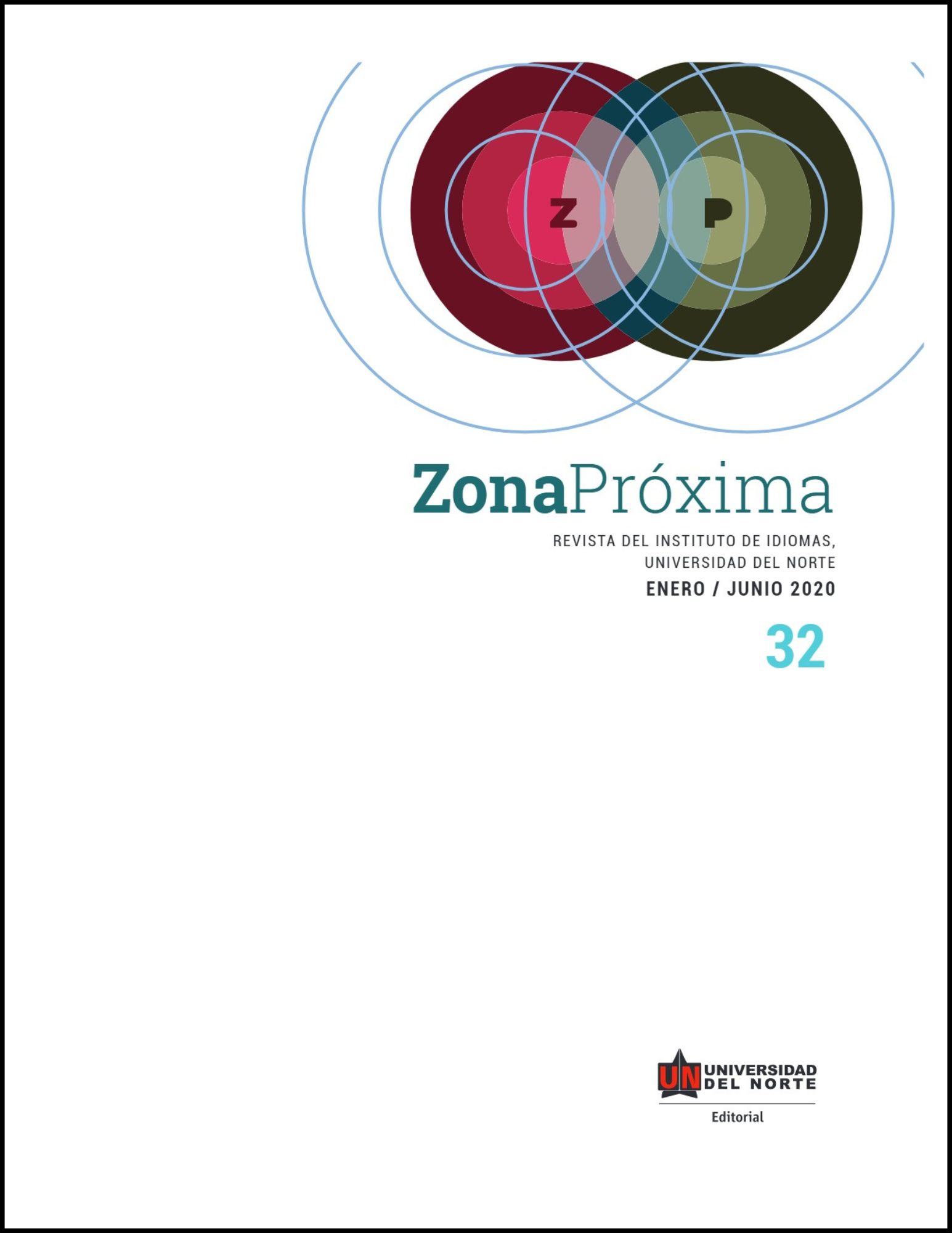Abstract
A study on the identification and development of mathematical talent in elementary and se-condary school students is presented and based on the Renzulli’s School Enrichment Model. The methodology used was mixed type with concurrent embedded design of dominant model. The two stages of the study consisted of: (a) detecting students with mathematical talent in basic and secondary primary education in terms of generalization processes; and (b) designing and imple-menting an extracurricular enrichment program with students of basic and secondary primary education In terms of generalization processes in eXpresser and Google Maps environment, as well as in the Excel spreadsheet. The extracurricular enrichment program proved effective as the students managed to move towards multiplicative thinking.
References
Alonso, C., Gallego, D. & Honey, P. (2007). Los estilos de aprendizaje. Procedimientos de diagnóstico y mejora (7ª ed.). Bilbao: Ediciones Mensajero. Recuperado de: https://www.researchgate.net/pu- blication/311452891
Bazán, A., Sánchez, B. & Castañeda, S. (2007). Relación estructural entre apoyo familiar, nivel educa- tivo de los padres, características del maestro y desempeño en lengua escrita. Revista Mexicana de Investigación Educativa, 33(12), 701-729.
Bednarz, N., Kieran, C. & Lee, L. (1996). Approaches to algebra. Perspectives for Seeing. Harmondsworth, Middlesex: BBC y Penguin Books.
Benavides, M., Ríos, C. & Marshall, M. (2004). La educación de niños con talento en Chile. En M. Benavides, A. Maz, E. Castro, y R. Blanco (eds.), La educación de los niños con talento en Iberoamé- rica (pp. 105-114). Santiago, Chile: Editorial Trineo S.A.
Butto, C. & Delgado, J. (2012). Rutas hacia el álgebra. Actividades en Excel y Logo. México: UPN-Conacyt.
Butto, C., Delgado, J. & Bazán, A. (2018). Procesos de generalización: una vía de acceso al pensamiento algebraico temprano en educación básica. Horizontes Pedagógicos, 20(1), 25-36.boleda.edu.co/bitstream/handle/11232/300/CienciasSociales%20y%20Humanas244. pdf?sequence=1&isAllowed=y
Núñez, R., Gómez-Bermeo, L. V. & Cortés, C. M. (2011). El ambiente académico universitario clave del talento matemático. En Memorias XIII CIAEM. Recife, PE, Brasil. Recuperado de: https:// ciaem-redumate.org/ocs/index.php/xiii_ciaem/xiii_ciaem/paper/viewFile/2499/605
Regianni, M. (1994). Generalization as a basic for algebraic thinking: observations with 11-12 years old pupils. En Conference Proceeding of the XVIII PME (pp. 97-104). Lisboa, Portugal.
Renzulli, J. (2008). La educación del sobredotado y el desarrollo del talento para todos. Revista de Psi- cología, 26(1), 23-44.
Renzulli, J. S. & Reis, S. M. (1985). The schoolwide enrichment model: A comprehensive plan for educational excellence. Mansfield Center, CT: Creative Learning Press.
Secretaría de Educación Pública (2011). Estrategia de atención para alumnos y alumnas con capacidades y aptitudes sobresalientes en la educación básica del D. F. México, D. F.: Secretaría de Educación Pública.
Ushakov, D. V. (2010). Olympics of the mind as a method to identify giftedness: Soviet and Russian experience. Learning and Individual Differences, 20, 337-344


